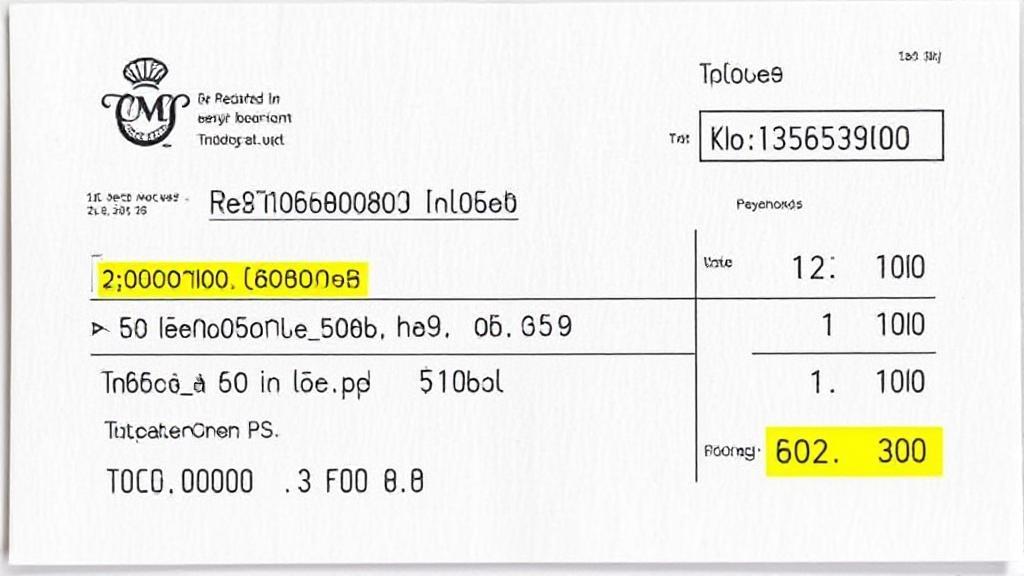Introduction
Bonuses are a common form of compensation in the United States, often used by employers to reward employees for their hard work and dedication. Understanding how these bonuses are taxed is crucial for both employers and employees to manage their financial obligations and expectations accurately. The taxation of bonuses is governed by the Internal Revenue Service (IRS) and can vary depending on the type of bonus and the tax status of the recipient.
Types of Bonuses and Their Tax Implications
Bonuses can be awarded for various reasons, including:
- Signing Bonuses: Given to new employees as an incentive to join a company
- Performance Bonuses: Awarded for achieving specific performance goals
- Holiday Bonuses: Given as a gesture of appreciation during holidays
- Company Profit Bonuses: Based on company performance
All these types are considered taxable income and subject to federal income tax withholding.
How Are Bonuses Taxed?
The IRS considers bonuses as "supplemental wages" and provides two main methods for withholding taxes:
Flat Rate Method
One of the most common methods is the flat rate method. As of 2023, the IRS mandates a flat withholding rate of 22% for bonuses up to $1 million. This method is:
- Simple for employers to calculate
- Consistent across all employees
- Often preferred by payroll departments
Aggregate Method
Alternatively, employers may use the aggregate method, which involves:
- Adding the bonus to your most recent regular paycheck
- Withholding taxes based on the IRS tax tables
- Potentially resulting in higher withholding
- More accurately reflecting your actual tax bracket
State and Local Taxes
Beyond federal taxes, bonuses are subject to state and local taxes. Examples include:
| State | Supplemental Tax Rate |
|---|---|
| California | 10.23% |
| New York | 9.62% |
| Some states | No supplemental rate |
Other Deductions
Bonuses may also be subject to:
- Social Security and Medicare Taxes: 6.2% for Social Security and 1.45% for Medicare
- Retirement Contributions: If contributing to plans like 401(k)
- Income-based retirement contribution limits
- Healthcare subsidy eligibility
Special Considerations
Million-Dollar-Plus Bonuses
For bonuses exceeding $1 million:
- The first million follows standard supplemental wage rules
- Any amount over $1 million is subject to mandatory 37% withholding
Common Misconceptions
| Myth | Reality |
|---|---|
| Bonuses are always taxed at a higher rate | Bonuses are ultimately taxed at your regular income tax rate |
| Refusing a bonus saves money | You only pay taxes on the money you receive |
| Bonuses always push you into a higher tax bracket | Only the income within a higher bracket is taxed at the higher rate |
Strategies to Minimize Tax Impact
"Timing is everything when it comes to bonus payments. Sometimes, pushing a bonus into the next tax year can result in better tax outcomes." - Tax professionals often advise
Consider these strategies:
- Adjust Withholding: Modify your W-4 for expected bonuses
- Contribute to Retirement Accounts: Increase 401(k) or IRA contributions
- Charitable Contributions: Donate to reduce taxable income
- Consider Timing: Plan bonus receipt strategically
- Explore Tax-Advantaged Investments: Look for ways to offset the tax impact
Documentation Requirements
Keep records of:
- Bonus payment statements
- Tax withholding documents
- Any related correspondence with HR
- Relevant tax forms (W-2, 1099)
For more detailed information, refer to the IRS guidelines on supplemental wages or visit the IRS website for the most current information. It's also advisable to consult with a qualified tax professional for personalized advice.
